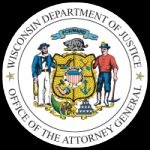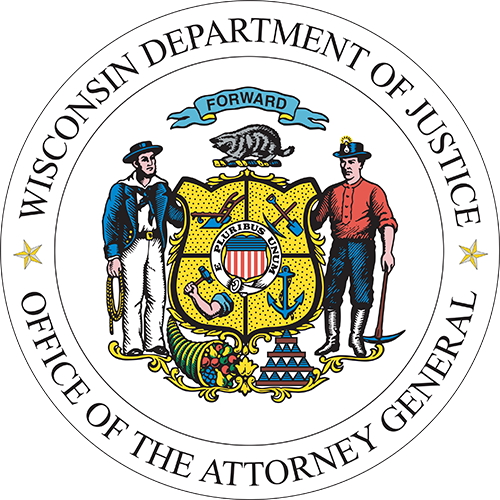AG Kaul Urges Federal Trade Commission to Create Robust Rule Outlawing Impersonation Scams
February 24, 2022
MADISON, Wis. – Attorney General Josh Kaul, as part of a bipartisan coalition of 49 attorneys general, has called on the Federal Trade Commission to adopt a national rule to target impersonation scams.
A comment letter from the attorneys general raises concerns about the plethora of impersonation scams targeting consumers and the current lack of a national rule to outlaw these fraudulent acts and protect Americans.
“It’s encouraging that the FTC is taking this issue up,” said AG Kaul. “Imposter scams are a leading source of consumer fraud around the country, and FTC rules would help efforts to hold scammers accountable.”
As illustrated in the letter, impersonation scams take on many forms:
Impersonation of government entities: Fraudsters claim to be from or affiliated with a government agency to persuade victims of the urgency to provide payment to obtain licensing or certificates in document preparation or regulatory compliance scams.
Business impersonation: These are scams in which fraudsters claim to be working directly for an actual business or as a third party endorsed by the business. Common examples include tech scams in which the imposters claim they are contacting the victim on behalf of companies such as Microsoft or Apple to assist with a ransomware or technology issue.
Person-to-person deceptions: Grandparent scams, romance scams and others use personal information to make a connection with victims. Whether claiming a grandchild is in urgent need of money or creating a fake profile to gain the trust of someone on a social media or dating site, these impersonation scams account for thousands of complaints to attorneys general each year.
“There is a pressing need for FTC rulemaking to address the scourge of impersonation scams impacting consumers across the United States,” the letter states. “A national rule that encompasses and outlaws such commonly experienced scams discussed [in our letter] would assist Attorneys General and their partners in reducing consumer harm, maximizing consumer benefits, and holding bad actors to account.”
A robust national standard outlawing impersonation scams should:
- Deter bad actors and reduce consumer harm.
- Provide needed clarity on what conduct constitutes impersonation, since government and business impersonation scams can range from overt pretense to misleading subtlety.
- Deprive bad actors of the excuse that they were allegedly not aware their activities were illegal in some jurisdictions as opposed to others.
- Provide more opportunities for the states to collaborate with the FTC on multistate enforcement actions against imposter scammers.
- Allow states to enforce their own standards, free of any preemption by a federal rule.
The FTC should publish additional consumer and business education materials to help prevent consumers from becoming victims of impersonation fraud. These efforts must serve as a complement to a strong regulation with a robust enforcement scheme, not as an alternative.
“The Attorneys General hope to continue working with the FTC and other partners to sound the alarm on impersonation scams,” the letter states.
AG Kaul was joined by the attorneys general of Alabama, Alaska, Arizona, Arkansas, Colorado, Connecticut, Delaware, District of Columbia, Florida, Georgia, Guam, Hawaii, Idaho, Iowa, Kansas, Kentucky, Louisiana, Maine, Maryland, Massachusetts, Michigan, Minnesota, Mississippi, Missouri, Montana, Nebraska, Nevada, New Hampshire, New Jersey, New Mexico, New York, North Carolina, North Dakota, Ohio, Oklahoma, Oregon, Pennsylvania, Rhode Island, South Carolina, South Dakota, Tennessee, Texas, Utah, Vermont, Virginia, Washington, West Virginia, and Wyoming.
Press Release: https://www.doj.state.wi.us/news-releases/ag-kaul-urges-federal-trade-commission-create-robust-rule-outlawing-impersonation
NOTE: This press release was submitted to Urban Milwaukee and was not written by an Urban Milwaukee writer. While it is believed to be reliable, Urban Milwaukee does not guarantee its accuracy or completeness.






















